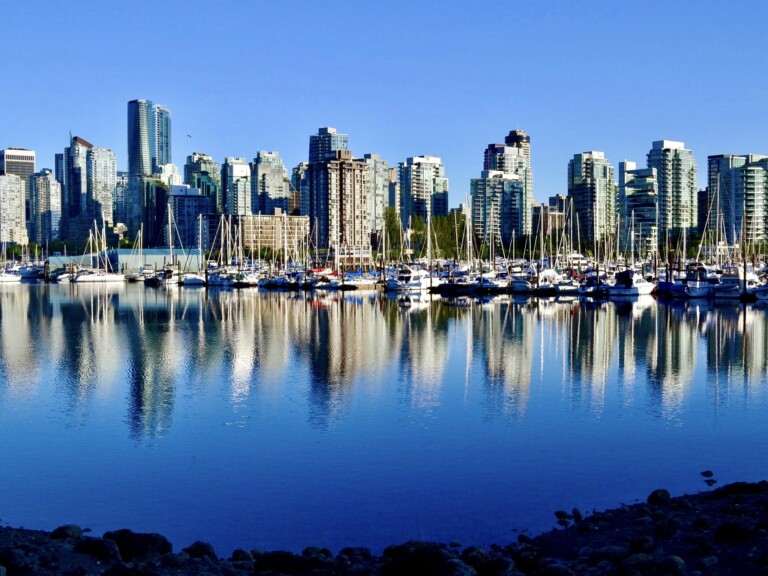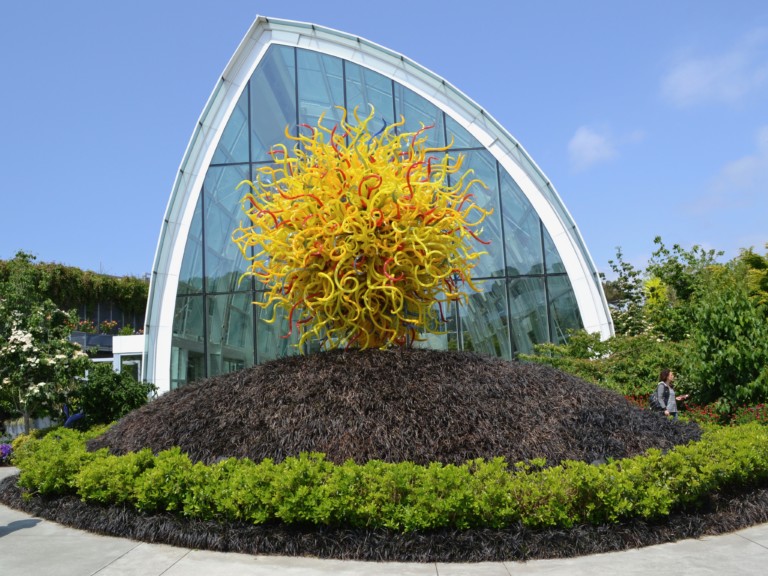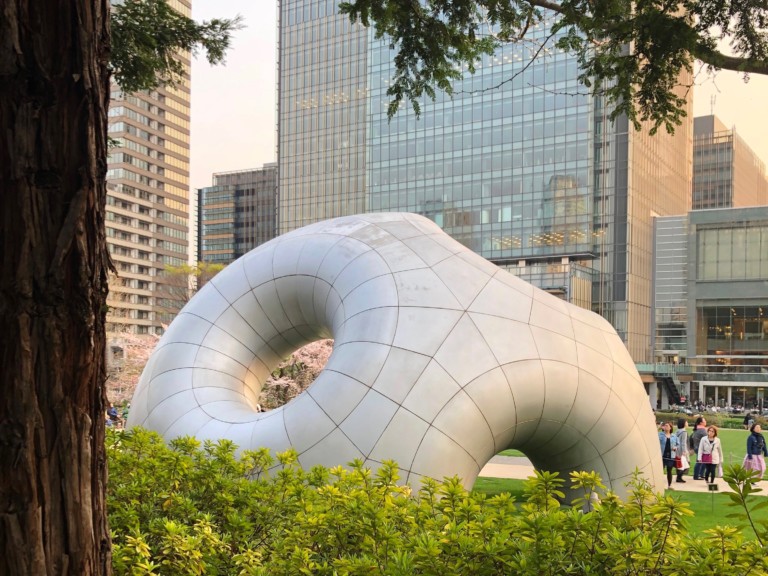Coffee culture in Korea is making incredible strides at the moment. Just recently a friend of mine told me of a nearly $13 pourover cup of coffee available for purchase. I’ve been told that years and years of Cup of Excellence coffee (the best auction lots from producer countries) often sits in warehouses in Korea, just waiting to be roasted. My parents often take bags of Intelligentsia coffee for friends, perhaps one of the most prized gifts for Koreans.
At one of two lectures featuring distinct new specialty coffee markets at April’s SCAA conference, a panel of three discussed the current trends in one of the fastest growing economies in the world, South Korea. In particular, they discussed whether Korea would make an influence on the global coffee market. Carl Sara with Crafted Coffee Company moderated the discussion, starting with some initial figures. In 2005, there was a total of $140 Million in total coffee exports into Korea. In 2010, there was $307 Million and 2011, over $500 Million. Much of this is fueled by the outburst of coffeehouse chains, with over 9 such chains topping 1000 outlets. In comparison, the United States has one chain with over 1000 stores – Starbucks. One store, Caffe Bene, has created 800 outlets in just two years, with a massive coffeehouse opening in Midtown Manhattan later this year.
Andrew Ford of MTC Group, a coffee export business based in Australia, discussed some of the macro influences on the rapidly changing industry. He discussed Korea’s culture of “DOING,” which emphasizes action, productivity and action before theoretical and conceptual ruminations. Another was special franchise structure, along with government incentives, that gave middle-aged managers and workers an ability to retire early and invest in small businesses. The government is essentially encouraging older workers to open up new corporate jobs for the younger generation. Large franchises offer “one-stop-shop” type services that help entrepreneurs set up coffee shops. This places an incredible opportunity in coffee education. There are now 600 coffee training academies available for people to understand and learn the coffee business.
Lifestyle plays perhaps a larger part in the growth of coffee in Korea. The large urban population (one of the largest in the world) is technologically advanced and flush with disposable income. The young generation has a strong work ethic that coincides with a corporate culture of dining out and entertaining outside of the home. Thus, cafes are the new meeting place. And often, rather than a morning beverage meant to provide energy, coffee is an afternoon and evening beverage that is enjoyed inside the coffee house. Specialty coffee is still a small fraction of this market – historically most Koreans perfectly enjoy instant coffee mixed in with powdered milk and granulated sugar. There isn’t any historic attachment to particular brew methods such as espresso or pourover coffee. In fact, from my experience, flavored coffees and light, thin brews that almost resembled teas are preferred by the older generation.
Korea’s corporate and industrial culture has always been one of mastery from years of experience. Take industries such as the auto, shipbuilding, electronics and construction industries. Korean companies and products now lead the world in these categories after years of relative obscurity and uneven quality. Coffee culture in Korea will no doubt go in this direction, with greater emphasis on whole-bean coffee, micro roasting, high-quality green coffee sourcing, and improved brew methods. High rent and labor costs result in high prices, despite the high price-sensitivity of consumers.
The market is starting to reach a critical mass, where consumers are starting to see the benefits of higher quality green coffee and roasting techniques learned by outsiders, not internet research. Recently Tim Wendleboe of the highly acclaimed, self-titled roastery in Oslo, Norway, was tweeting photos of workshops he was holding in Seoul, Korea. At the moment, the only wholesale cafe to brew beans by Wendelboe outside of Europe is in South Korea (the baristas-in-training were apparently seen wearing Tim Wendleboe-labeled aprons, items even Tim hasn’t produced).
With the global scale of the coffee market, increased coffee education and training, as well as a widespread cafe culture, it’s only a matter of time before Korea begins to influence the rest of the world as it relates to coffee.








Leave a Comment